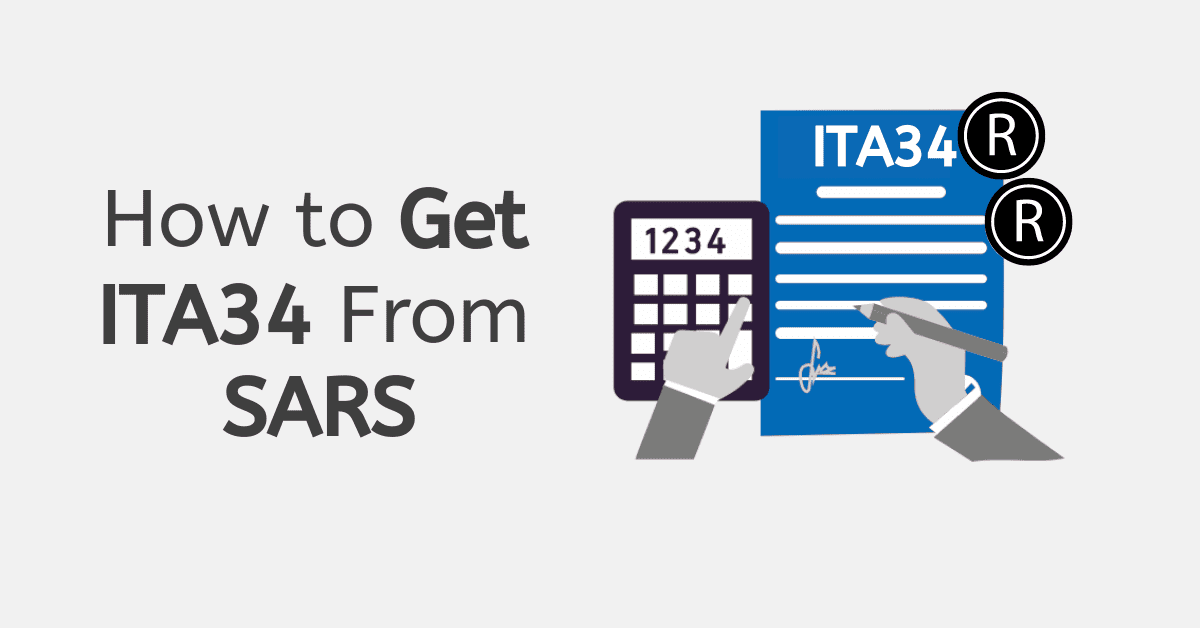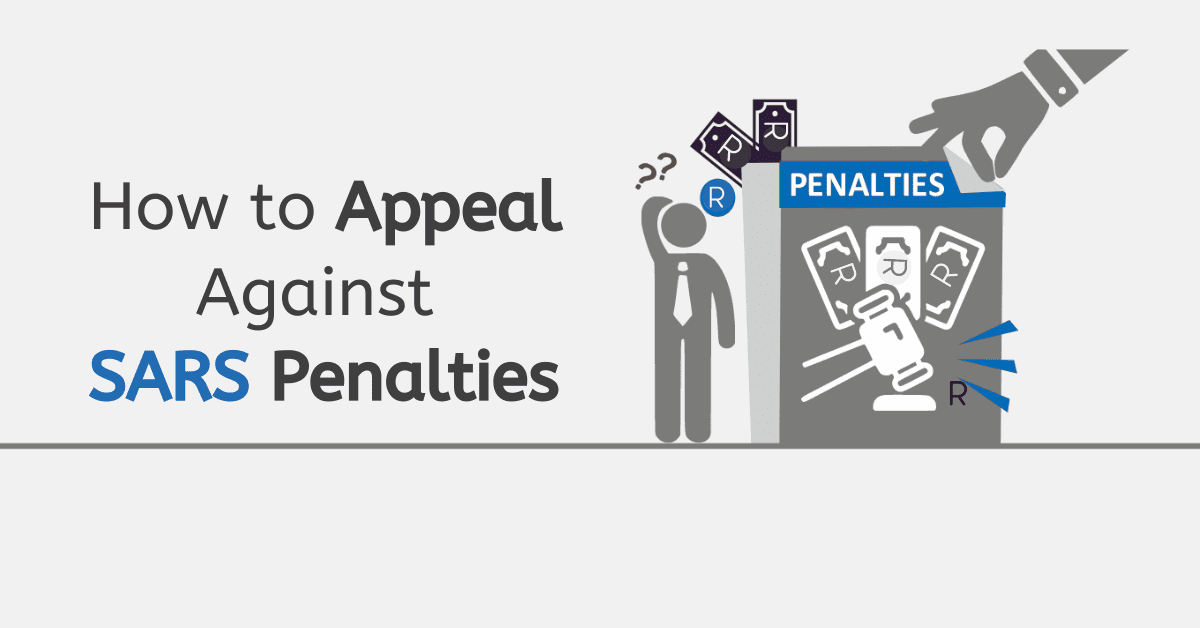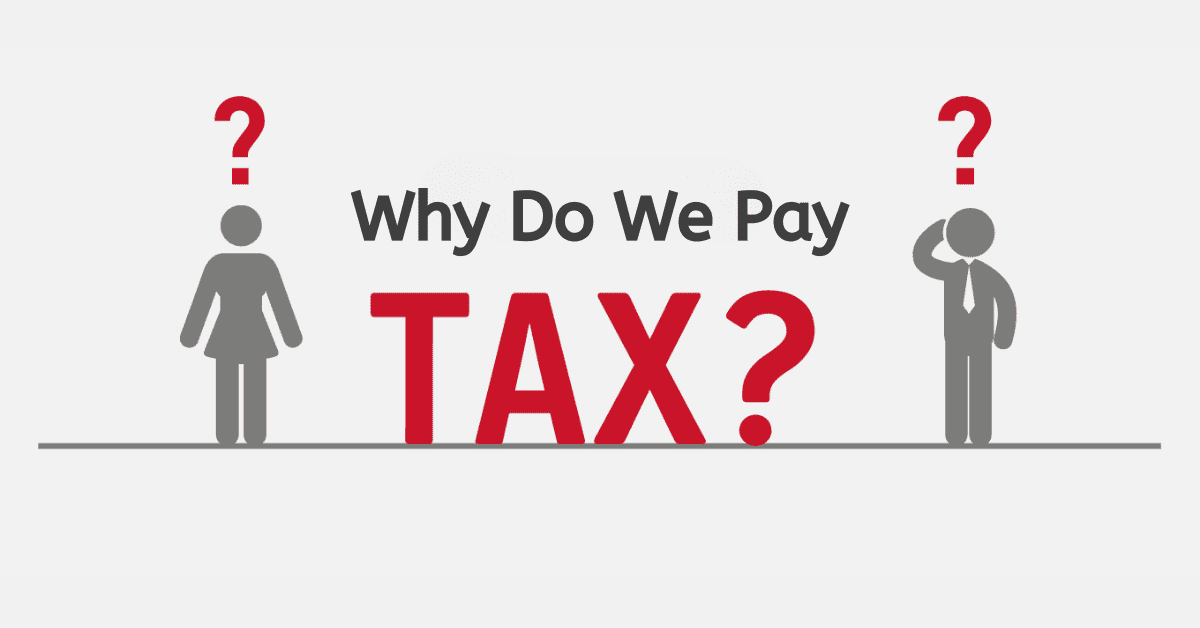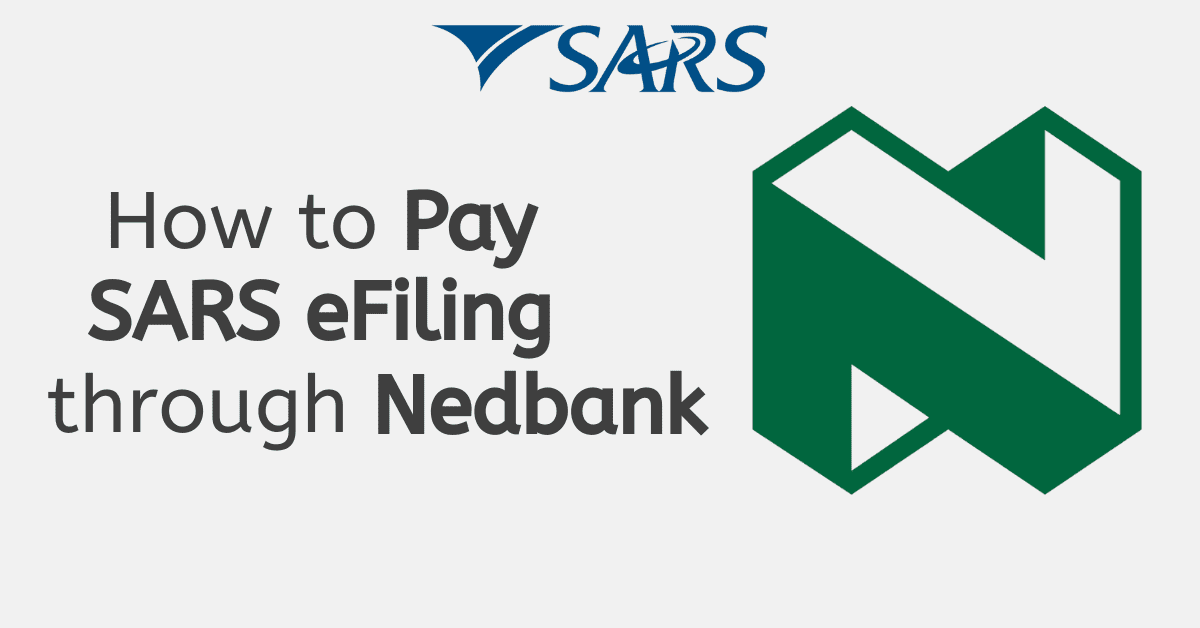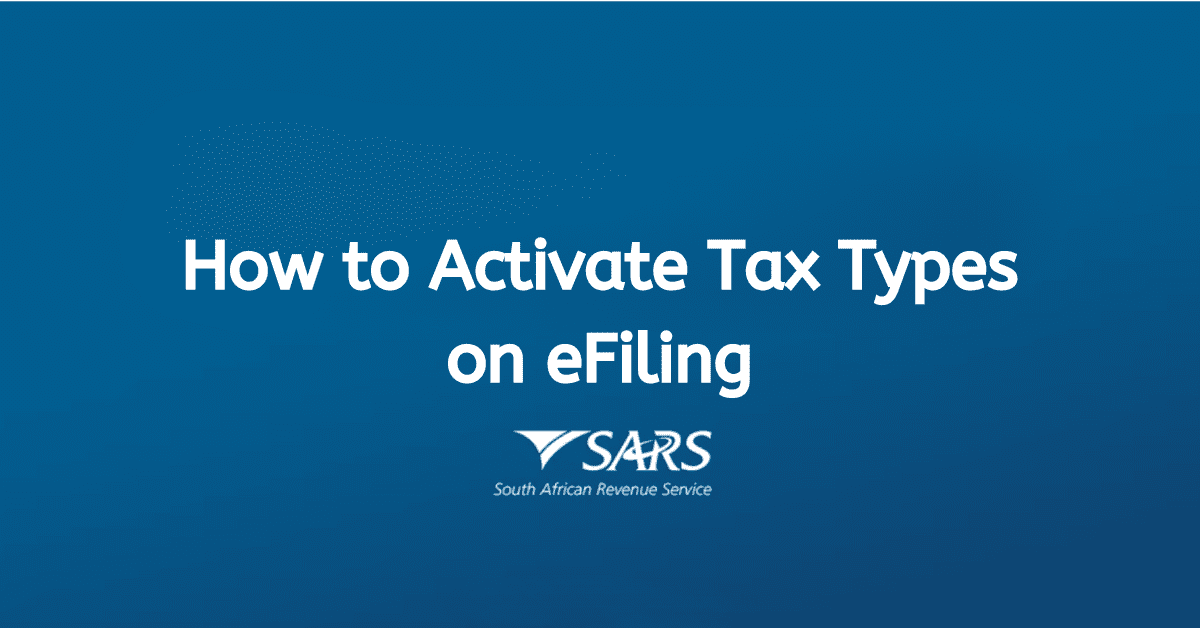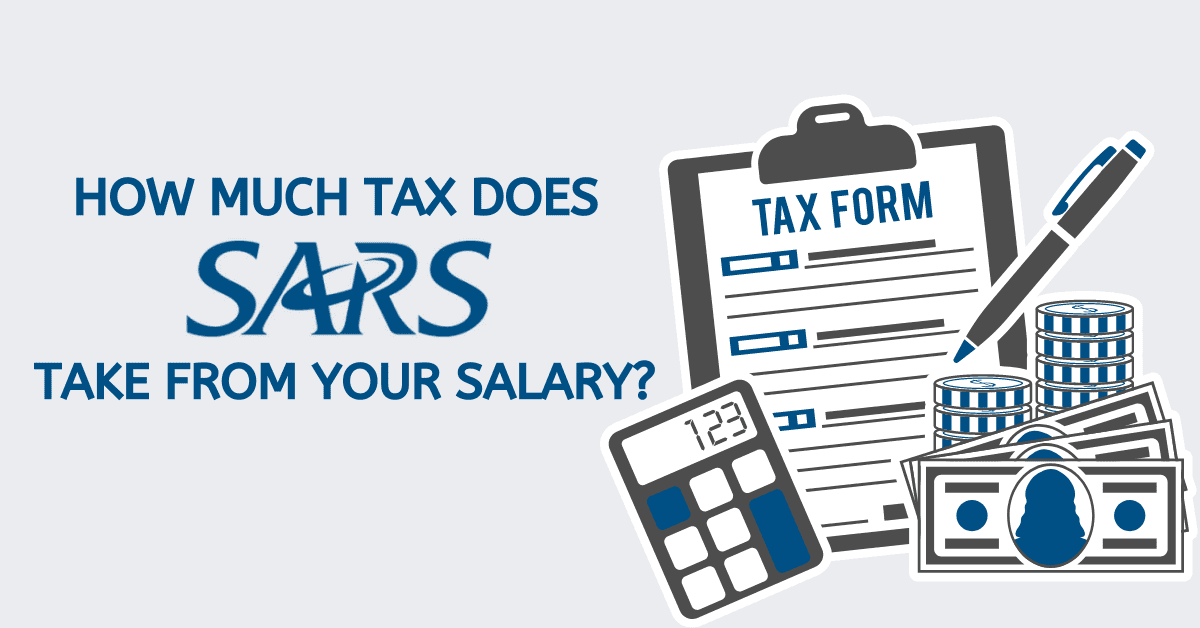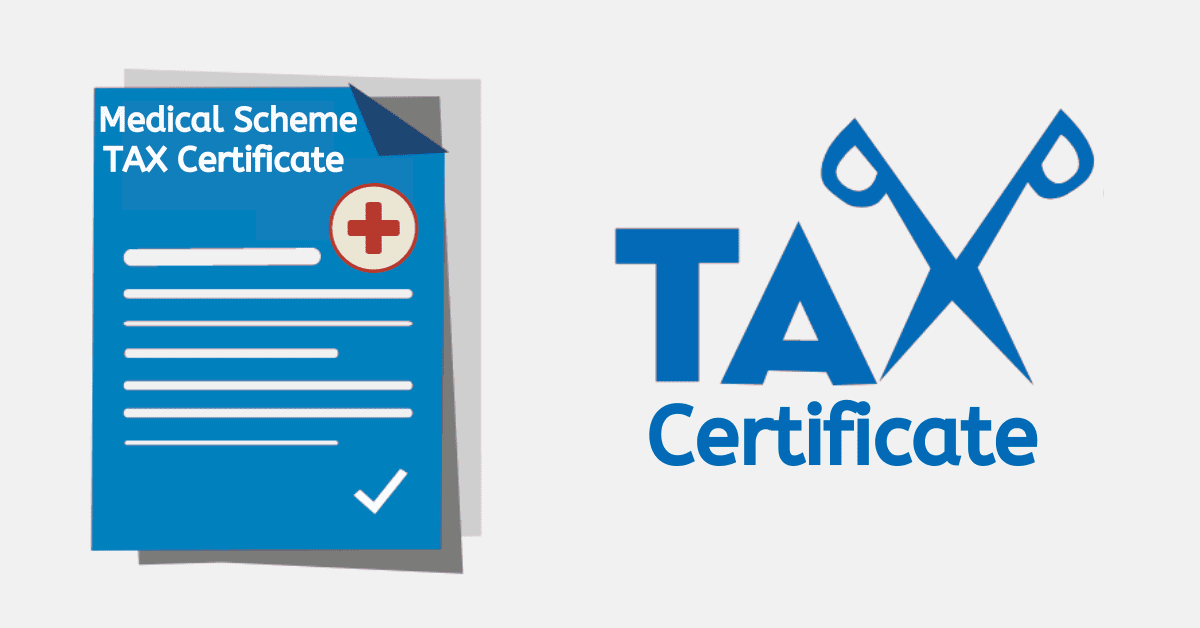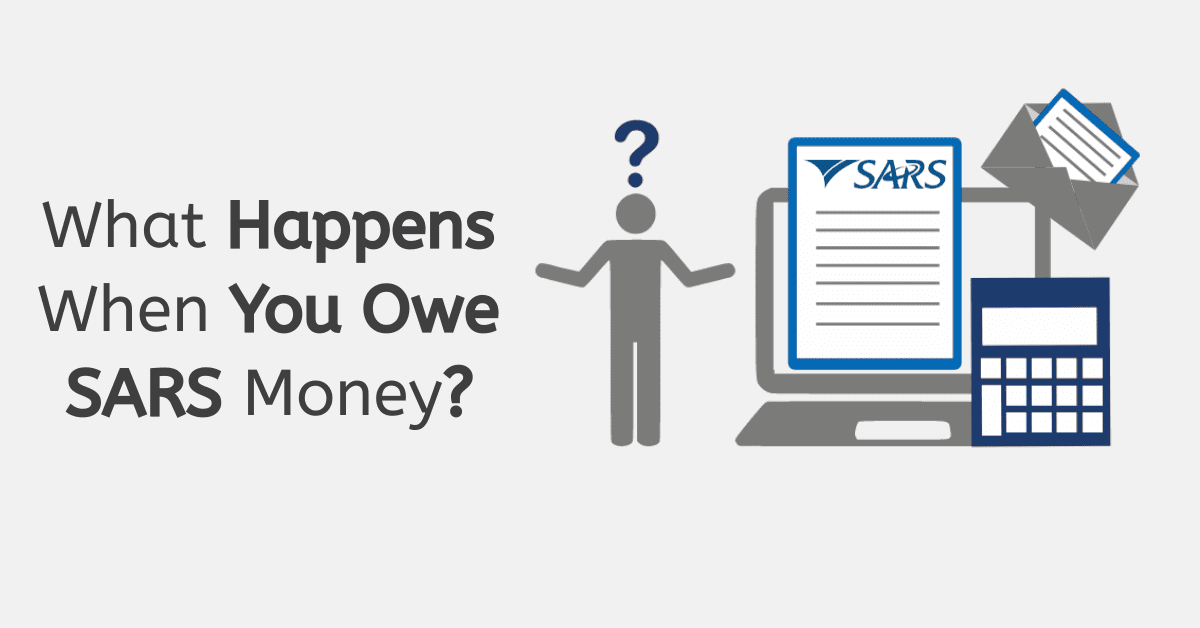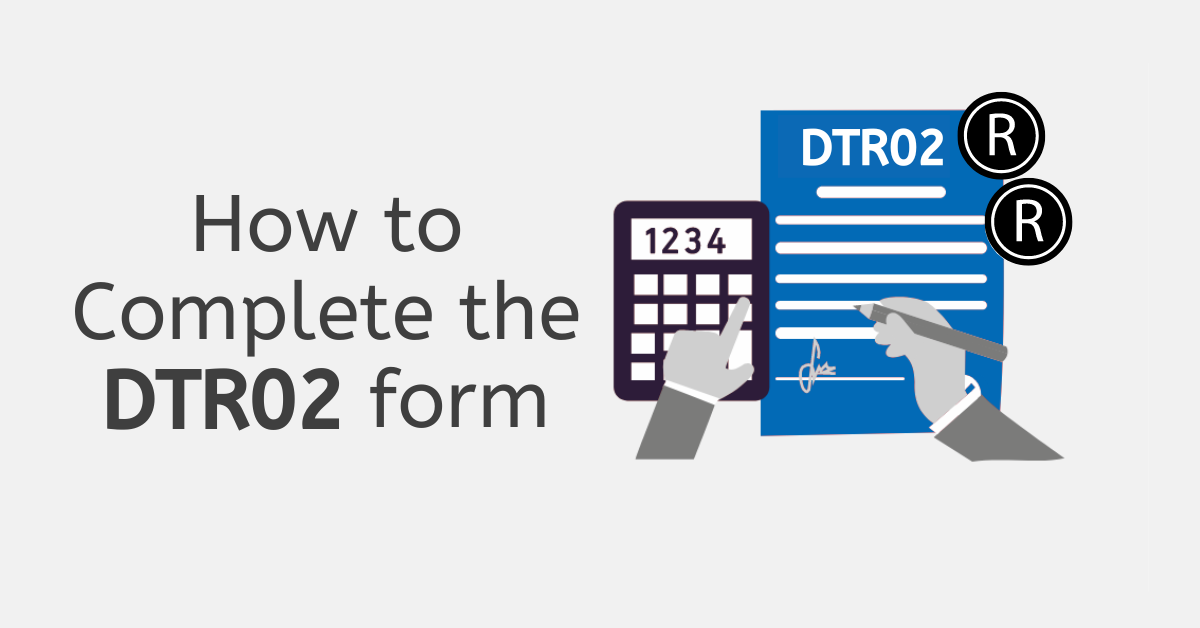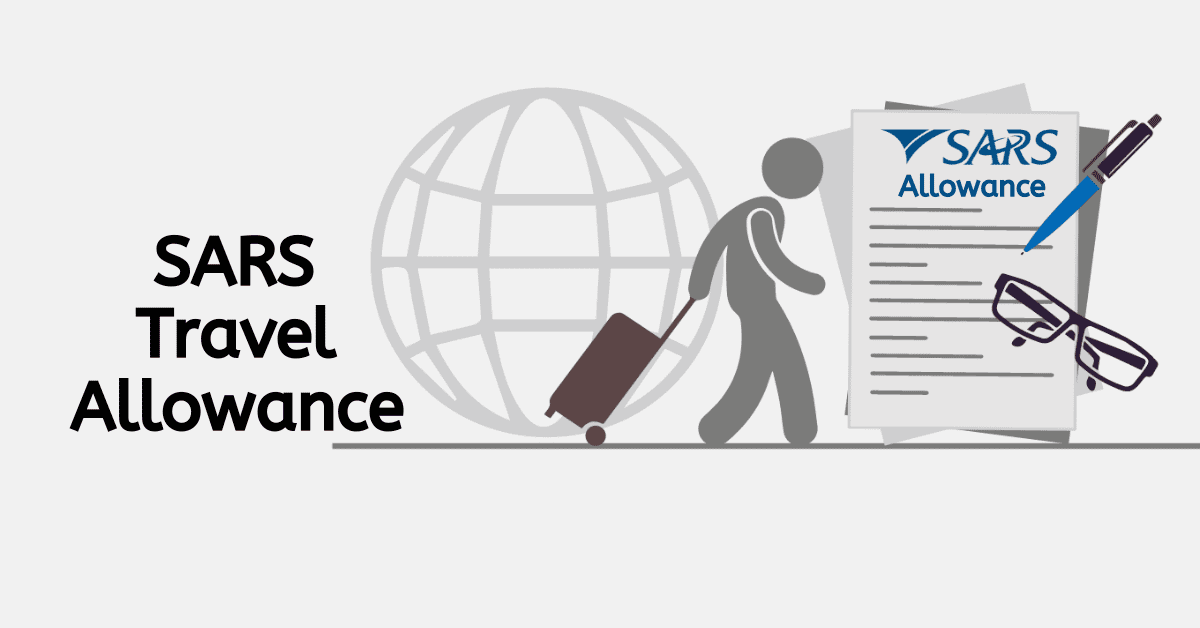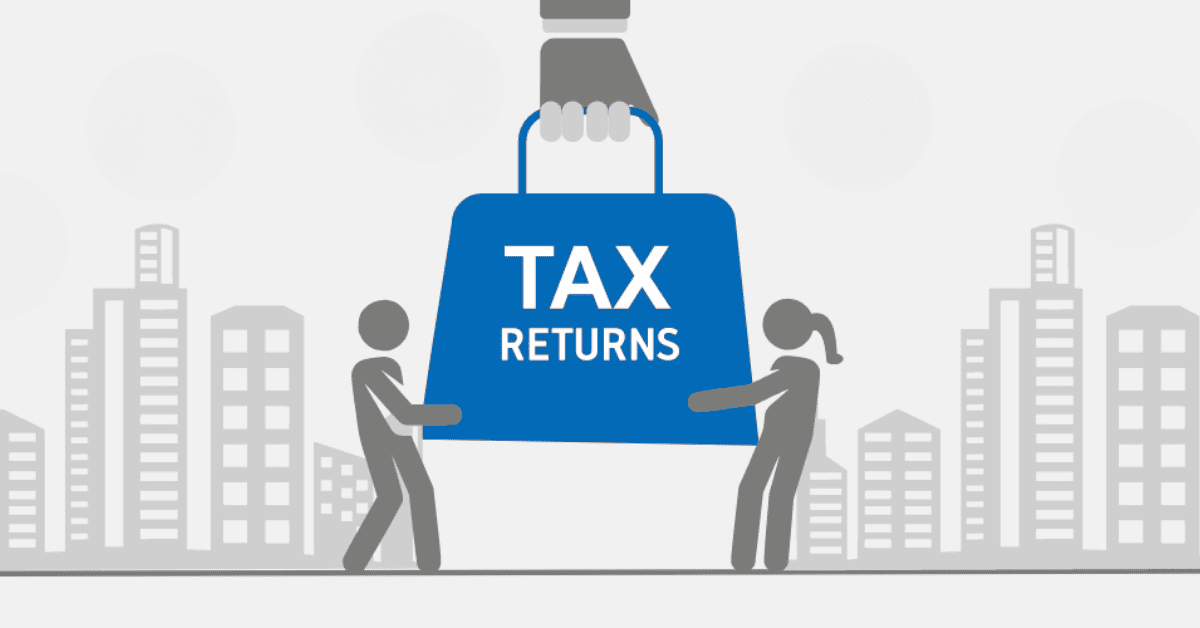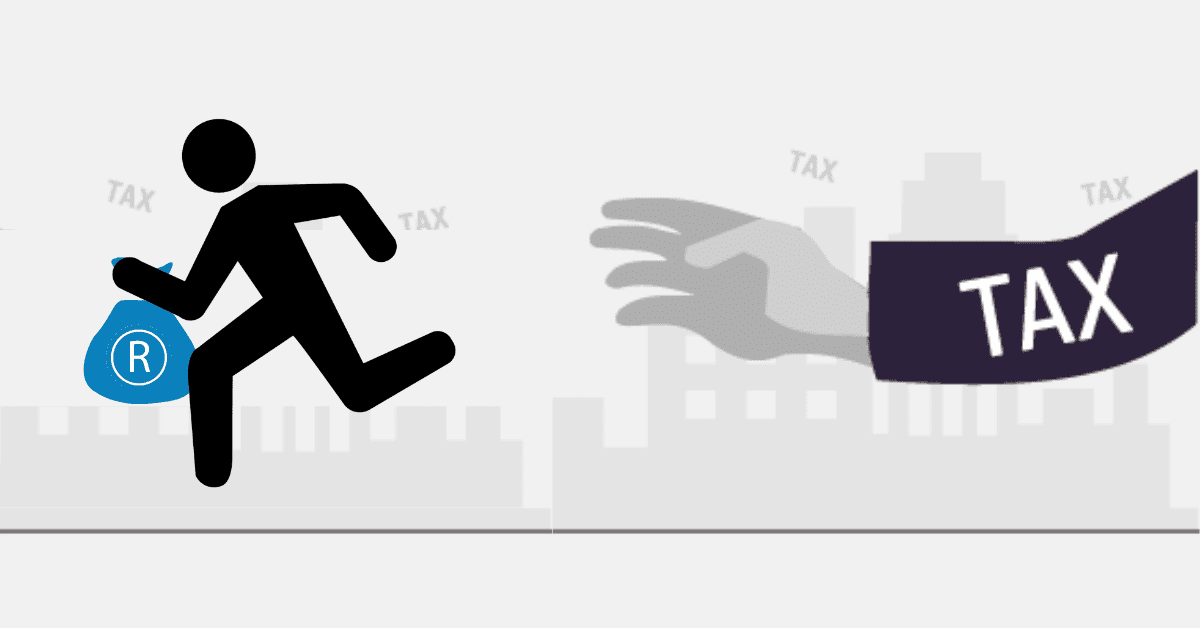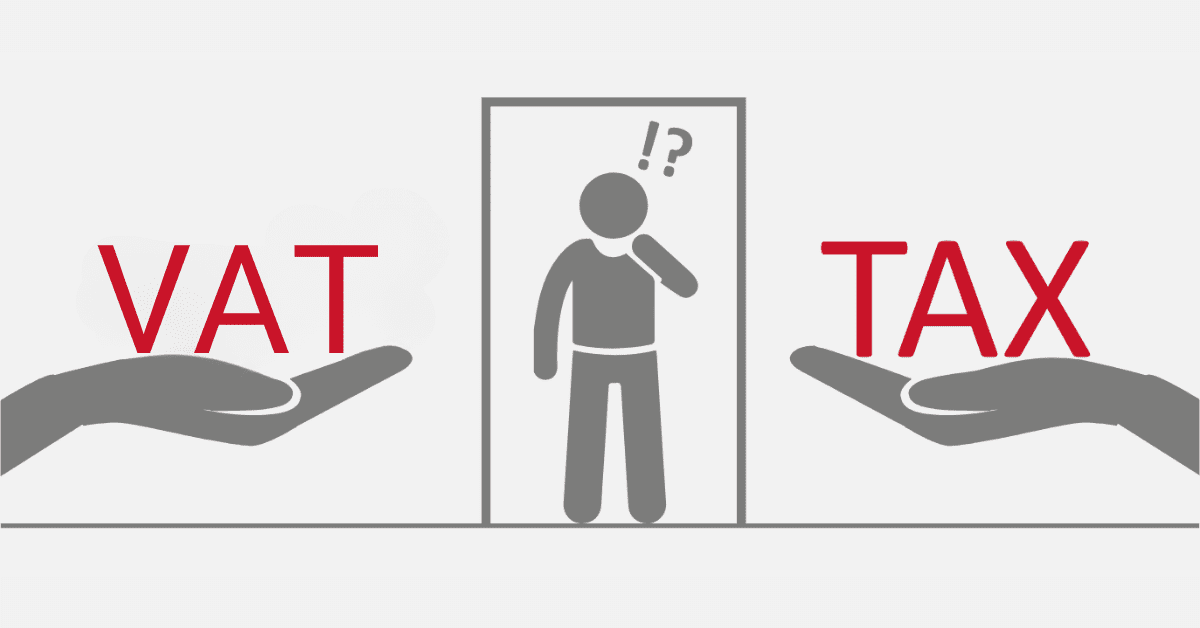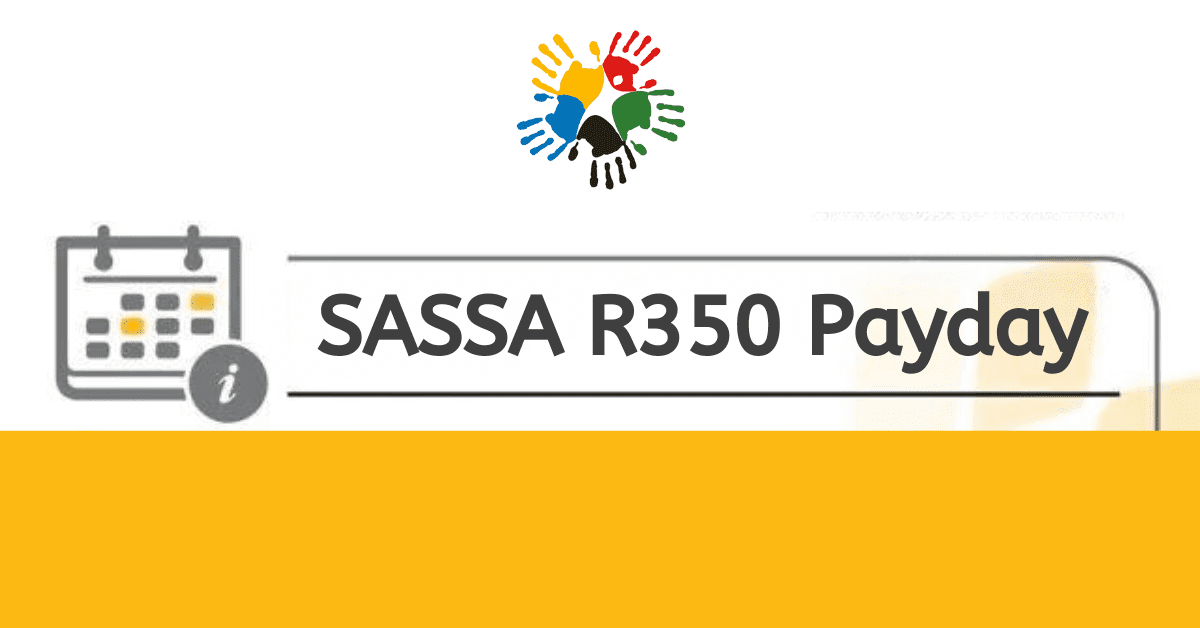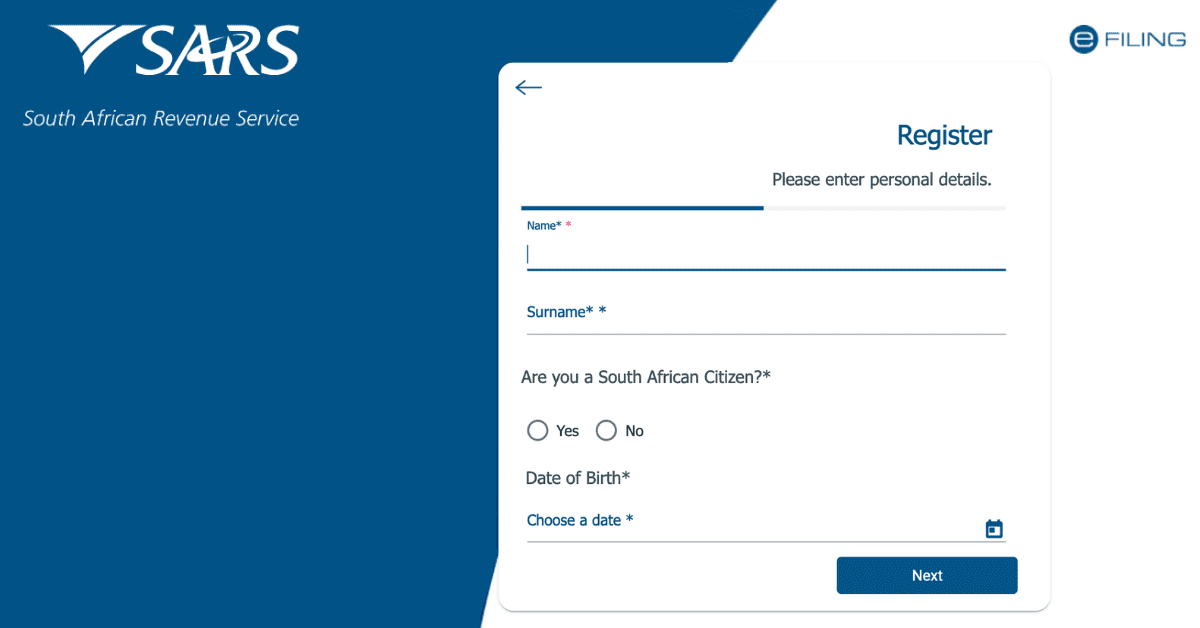For individuals with investment portfolios, dividend income can play a critical role in your portfolio. However, as with all movement of money in South Africa, there are tax implications to earning dividends everyone should be aware of. Today we have a handy guide to dividends and taxation in South Africa to help empower your financial knowledge and guide you to making the right financial decisions for your needs.
Do You Pay Income Tax on Dividends?
In South Africa, most dividends are exempt from income tax. There are some key exceptions to this, however, including so-called ‘REIT’ property dividends, which are taxed similarly to if you owned the property outright.
Does this mean dividends are tax-free? No. Dividends tax is a separate class of tax. You will find that most South African companies will withhold dividends tax before paying the dividend over to you, currently set at 20% for individuals. This is paid directly to SARS on your behalf from the company issuing the dividend. So it will need to be declared on your income tax return but will not generate further tax for you.
How Much Tax Do You Pay on Dividend Income?
Currently, and for individuals, SARS sets the dividend tax at 20%. However, this is not a tax you, the receiver, will have to pay. Instead, this is a type of tax known as a ‘withholding’ tax. This means the company which issues the dividend will pay the tax money directly to SARS on your behalf, instead of you accumulating the full amount and needing to remove tax from what you receive. If, for example, the dividend issued was R200, you will receive R160, and they will pay the due R40 to SARS directly.
South African citizens also get R30,000 per annum in dividends tax-free as an exemption.
What Types of Dividends Are Not Taxable?
In South Africa, there are certain types of dividends that are not subject to income tax or dividends tax. These include:
- Dividends paid by a foreign company to a South African resident individual, as long as the dividend is not sourced from a South African company.
- Dividends paid by a South African resident company to another South African resident company, as long as the recipient holds at least 10% of the shares in the paying company.
- Dividends paid by a Real Estate Investment Trust (REIT) that meets certain requirements, including distributing at least 75% of its taxable income as dividends. Remember, however, that this different handling of REIT dividends means they are subject to income tax.
- Dividends paid to a South African resident individual or trust by a collective investment scheme, such as a unit trust, if certain conditions are met.
It’s important to note that even though these types of dividends are not taxable, they will still need to be disclosed in the appropriate places on your tax return
How Do I Avoid Paying Taxes on Dividends?
You cannot legally avoid paying tax on dividends in South Africa. In fact, you will likely never have the opportunity to handle your dividend tax yourself, as it is paid directly by the issuing company to SARS.
There are legal ways to minimize your tax liability on dividends, such as taking advantage of the tax-free portion of dividends and ensuring that you hold your shares in a tax-efficient manner. However, attempting to avoid paying taxes on dividends through illegal or fraudulent means can result in serious consequences, including penalties, fines, and even criminal prosecution.
You should instead seek the advice of a qualified tax professional who can provide guidance on legal ways to minimize your tax liability while ensuring compliance with all relevant tax regulations.
How Do I Know if My Dividends Are Taxable?
In general, dividends received in South Africa are taxable on the issuer’s side, with certain exceptions and exemptions. To determine whether your dividends are taxable, here are some key points of consideration:
- Dividends paid by South African companies are subject to dividends tax, while dividends paid by foreign companies may be subject to income tax or dividends tax, or even no tax, circumstances dependant
- Some types of companies, such as Real Estate Investment Trusts (REITs), may be exempt from dividends tax or have different tax rules that apply to their dividends. However, this often means the dividend received will be subject to your general income tax rate instead, not that it becomes tax-free.
- Non-residents are subject to a different tax rate on dividends than residents, and there may be different exemptions and exceptions that apply.
Also, remember that South African tax residents are exempt from paying tax on the first R30,000 of dividends received per tax year. Check for any specific exemptions or deductions that may apply to your specific dividend, too: For example, certain types of dividends, such as those paid by a foreign company to a South African resident individual, may be exempt from income tax.
As always in tax matters, if you’re unsure whether your dividends are taxable or how they should be taxed, it’s recommended to consult with a qualified tax professional who can provide personalized advice based on your specific situation.
Once you have dividends tax and other forms of tax to handle on your income tax return, it can be both complex and intimidating. Hopefully, you now understand more about dividends tax and how it applies to you, so you can remain tax compliant and above-board.
